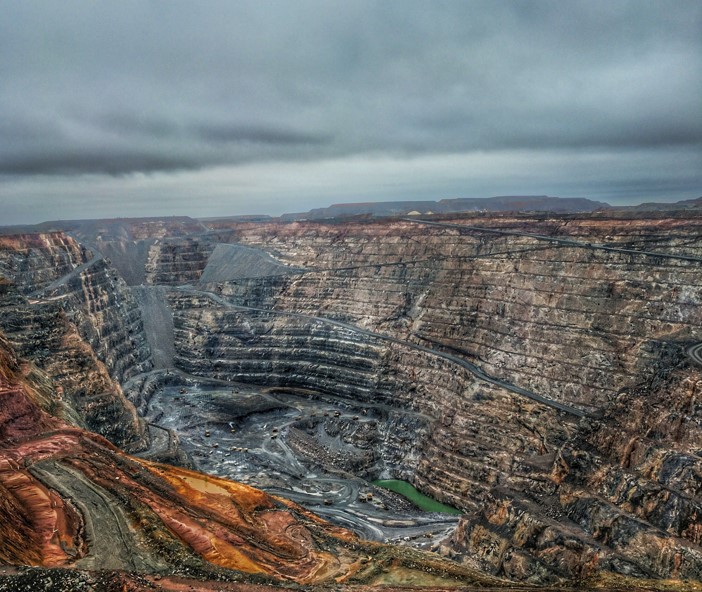Africa, a land often visualised by the West as an arid expanse dotted with huts and stricken by famine, bears a narrative that’s been difficult to alter. “Africa needs help” is the prevailing tune, painted in every news clip, charity appeal, and celebrity endorsement. But lurking beneath this narrative is a much darker, more complex truth: Africa is wealthy, but its riches are constantly siphoned off.
The ‘Africa needs trade not aid‘ mantra has resonated for decades. On paper, it makes sense: Empower nations to be self-sufficient, to bolster their economies, and to trade on equal terms. But reality complicates matters. Western nations, wary of the widespread corruption that plagues many African governments, are reluctant to deal with leaders who may misappropriate funds. Their hesitancy, however, rarely extends to the extraction of Africa’s bountiful natural resources.
The irony is galling. European nations, in their pursuit of a green future, are eager to import commodities like green hydrogen from Africa. Yet, they do so while turning a blind eye to the stark reality that many Africans live without basic amenities such as electricity and the internet. It’s a form of neo-colonialism, where foreign entities extract immense value from the continent, leaving behind paltry benefits for its people.
Corruption is undoubtedly one of Africa’s most tenacious challenges. It cripples development, fosters inequality, and ensures that while the elite few flourish in opulence, millions are deprived of fundamental human rights such as education, health, and clean water. This gulf between the haves and the have-nots is not merely a matter of internal policy failures but is deeply intertwined with external exploitation.
Africa’s fiscal drainage is alarming. Every year, a staggering $203 billion flows out of the continent, far outpacing the aid it receives. Of this, $68 billion is evaded taxes, craftily sidestepped by multinational corporations that exploit loopholes and use tax havens to pretend their wealth generation occurs elsewhere. This artful dodge, while legal, is a flagrant theft in spirit, depriving African nations of revenues that could transform lives.
Moreover, the $30 billion in profits made by these companies on African soil is promptly repatriated, ensuring that very little of Africa’s wealth remains to benefit its own people. The City of London gleams with the shine of Africa’s extracted wealth, an uncomfortable testament to this ongoing exploitation.
It’s time to redefine the narrative around Africa. Not as a continent perennially in need but as a land of abundance consistently plundered. Not as nations always reaching out for a helping hand but as countries persistently undercut by the very hands that profess to help.
For true change to take root, the West must re-examine its engagement with Africa. Genuine partnerships must be formed, devoid of exploitative practices, and centred around mutual respect and equitable growth. African governments, in turn, must address internal corruption to regain credibility and forge meaningful international relationships.
The onus isn’t merely on Africa to uplift itself but on the world to ensure that Africa’s wealth remains where it rightfully belongs: with its people. Only then can the continent move past the stereotypes and truly realise its immense potential.
Image Credit: Matthew de Livera/Unsplash




